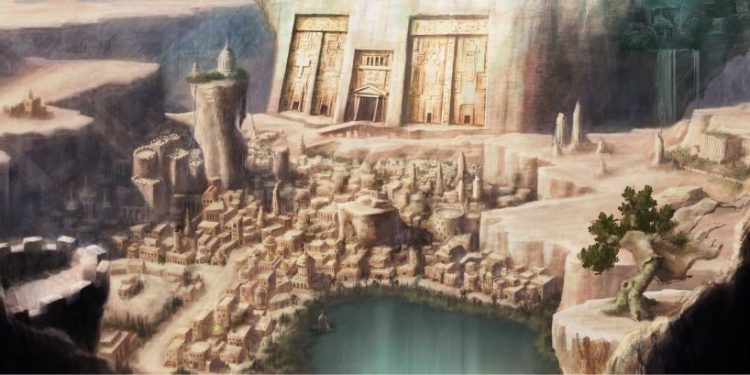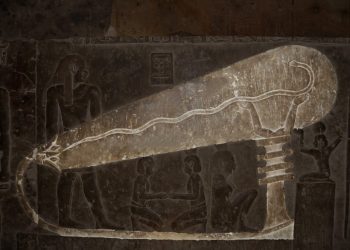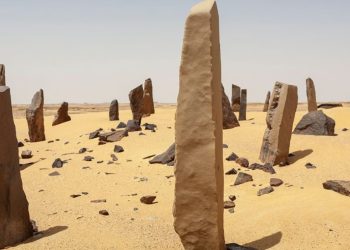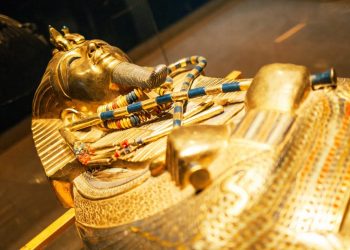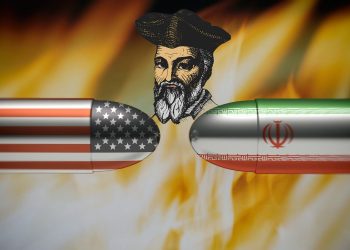A Golden Dream That Captivates the World
El Dorado, the mythical city of gold, has captivated the imagination of treasure hunters, historians, and adventurers for centuries. This legendary city, said to be overflowing with wealth beyond measure, has sparked countless quests to uncover its hidden secrets. In this article, we delve into the fascinating history of El Dorado and examine the real-life expeditions that have sought to unravel the mystery behind this enduring legend.
The Birth of the Legend: How El Dorado Became the Ultimate Quest
The legend of El Dorado can be traced back to the pre-Columbian Muisca civilization in what is now modern-day Colombia. The Muisca people had a ritual where their leader, the Zipa, was covered in gold dust and submerged into Lake Guatavita, a sacred body of water. The gold-drenched Zipa then emerged from the water as a divine figure, inspiring the myth of a golden king.
Over time, the story of the golden king evolved into a tale of a lost city brimming with gold, silver, and precious gems. The Spanish conquistadors, eager to exploit the newfound riches in the Americas, seized upon the legend and began an exhaustive search for the fabled city. This quest, fueled by greed and ambition, would span centuries and cost countless lives. Numerous expeditions have attempted to find El Dorado throughout history. Some of the most notable are:
Gonzalo Jiménez de Quesada (1536-1538)
The Spanish conquistador Gonzalo Jiménez de Quesada led a grueling expedition through the treacherous Andean mountains in search of El Dorado. While he never found the city of gold, his journey resulted in the discovery and colonization of the Muisca territory, ultimately laying the foundation for the modern nation of Colombia.
Francisco de Orellana (1541-1542)
In 1541, Francisco de Orellana embarked on a daring journey down the Amazon River, hoping to find El Dorado along its banks. While Orellana didn’t discover the city of gold, his expedition made history as the first to navigate the entire length of the Amazon River.
Sir Walter Raleigh (1595 and 1617)
The English explorer Sir Walter Raleigh led two expeditions in search of El Dorado, the first in 1595 and the second in 1617. Raleigh believed that the fabled city was located in the region of Guiana, now modern-day Venezuela. While both of Raleigh’s expeditions ultimately failed, they did contribute to the exploration and mapping of the South American continent.
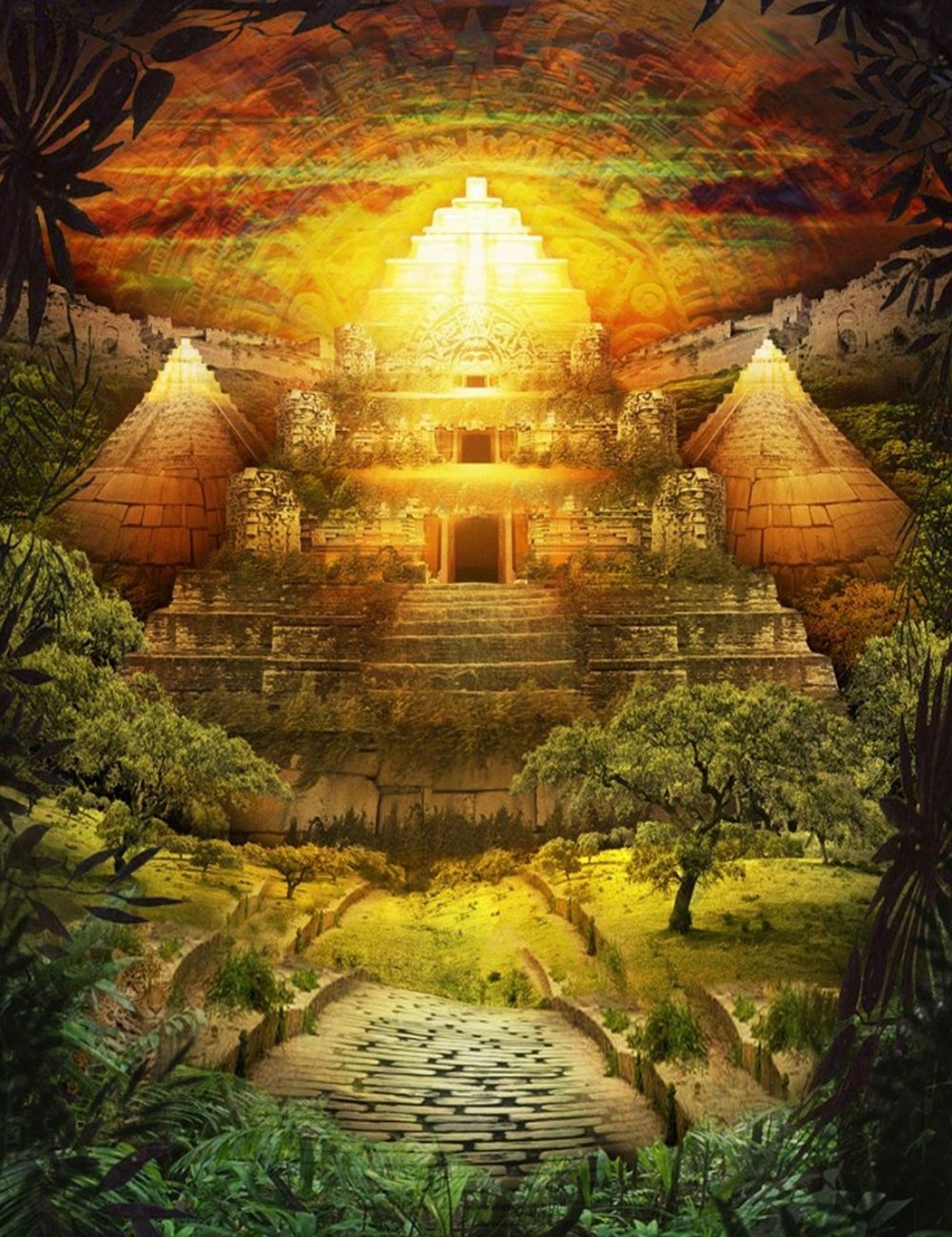
Debunking the Myth: El Dorado as a Symbol of Greed and Obsession
As the centuries passed and El Dorado remained elusive, many began to question the legend’s validity. Scholars and historians have since argued that El Dorado was never a physical city but rather a symbol of the Europeans’ insatiable greed and obsession with the New World’s untapped wealth. In this context, El Dorado serves as a cautionary tale, reminding us of the dangers of unchecked ambition and the lengths to which humans will go in pursuit of fortune and glory.
The Enduring Legacy of El Dorado: A Treasure Trove of Cultural Influence
Despite its mythical origins, the legend of El Dorado has left an indelible mark on popular culture. The story has been adapted into numerous books, films, and television shows, capturing the imagination of generations of audiences worldwide. Moreover, the quest for El Dorado has inspired countless real-life treasure hunts, archaeological expeditions, and scientific research projects, further expanding our understanding of ancient cultures and the natural world.
El Dorado Today: Modern Interpretations and Explorations
While most scholars agree that the city of gold is unlikely to exist, the legend of El Dorado continues to spark interest and curiosity. Modern treasure hunters and adventurers still embark on expeditions in search of hidden riches and lost cities, using advanced technologies such as satellite imagery, ground-penetrating radar, and remote sensing to aid in their pursuits.
Additionally, El Dorado has found a place in the realm of ecotourism, as travelers seek out the breathtaking landscapes and vibrant cultures associated with the legend. From the lush rainforests of the Amazon to the stunning vistas of the Andean mountains, the spirit of El Dorado lives on in these extraordinary destinations.
The Timeless Allure of El Dorado
The legend of El Dorado endures as a powerful symbol of human ambition, curiosity, and the relentless pursuit of knowledge. While the mythical city of gold may never be found, the stories and adventures born from its enigmatic allure continue to enrich our understanding of history, culture, and the natural world. In this sense, the true treasure of El Dorado is not its fabled riches but rather the wealth of knowledge, exploration, and inspiration it has bestowed upon humanity throughout the ages.
PLEASE READ: Have something to add? Visit Curiosmos on Facebook. Join the discussion in our mobile Telegram group. Also, follow us on Google News. Interesting in history, mysteries, and more? Visit Ancient Library’s Telegram group and become part of an exclusive group.



